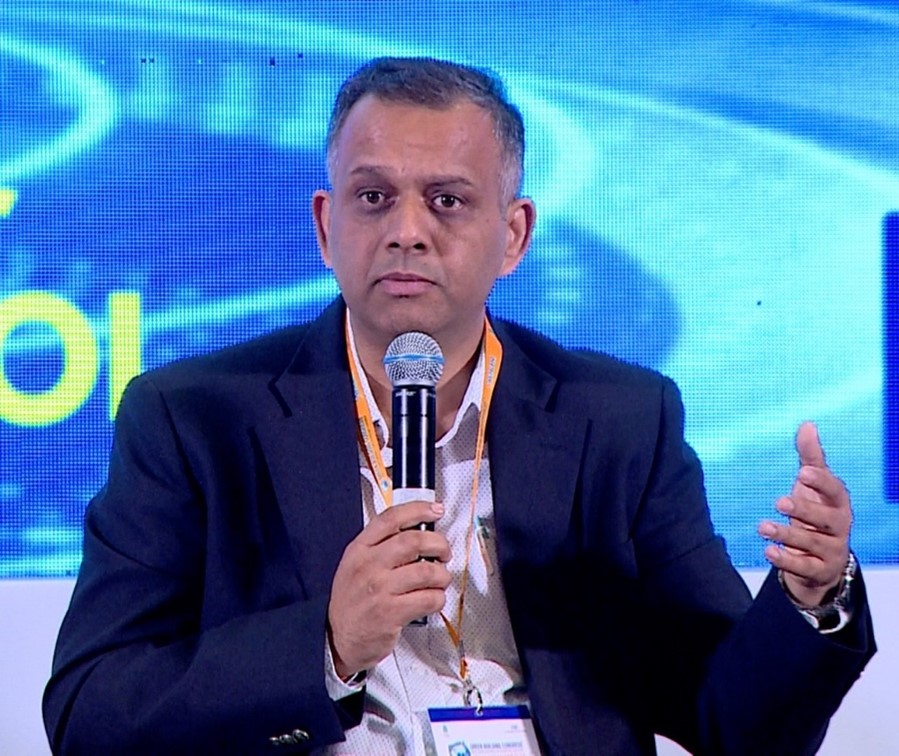‘Green Building Congress’ organised by Confederation of Indian Industry (CII) and Indian Green Building Council (IGBC) at the Chennai Trade Centre on the theme ‘Advancing Net Zero Buildings through Decarbonisation’. The event brought together architects, builders, developers, engineers, manufacturers, and policymakers from across India and around the world to share knowledge, exchange ideas, exhibit products, and engage in conversations about the most recent trends and innovations in green and Net Zero Buildings.

In the present scenario, the building sector is taking a lead in embracing and advocating for environmentally friendly practices and technologies. This proactive approach plays a significant role in comprehensively addressing ecological concerns. Stakeholders are wholeheartedly adopting sustainable building practices, and there is increasing evidence that such initiatives not only preserve resources but also contribute to improving the quality of life for occupants. The focus is now shifting towards prioritising people and their well-being. The Indian Green Building Council is actively collaborating with various partners, including state and central governments, NGOs, as well as bilateral and multilateral agencies, including World Green Building Congress (GBC), in pursuit of this mission.
The 21st Green Building Congress 2023 (GBC 2023) highlighted low-carbon green building technologies, products, and solutions. The key objectives were to accelerate the adoption of the Net Zero concept in India and establish a forum for discussing, exchanging, and exhibiting green products, projects, materials, and technologies. The intention was to foster new business opportunities within the Net Zero realm.

Shakti Sustainable Energy Foundation was invited to the event. Dr Sachin Kumar, Director, Industry, Buildings & Cooling Programme, Shakti, participating as a panellist in a session on ‘Technology Availability for Decarbonisation and their ROI’ said, “The current focus on the building sector is more from the operational energy perspective, however, from sustainability aspects and to achieve net-zero targets in the future, it’s imperative to address Embodied Carbon aspects as well.”
